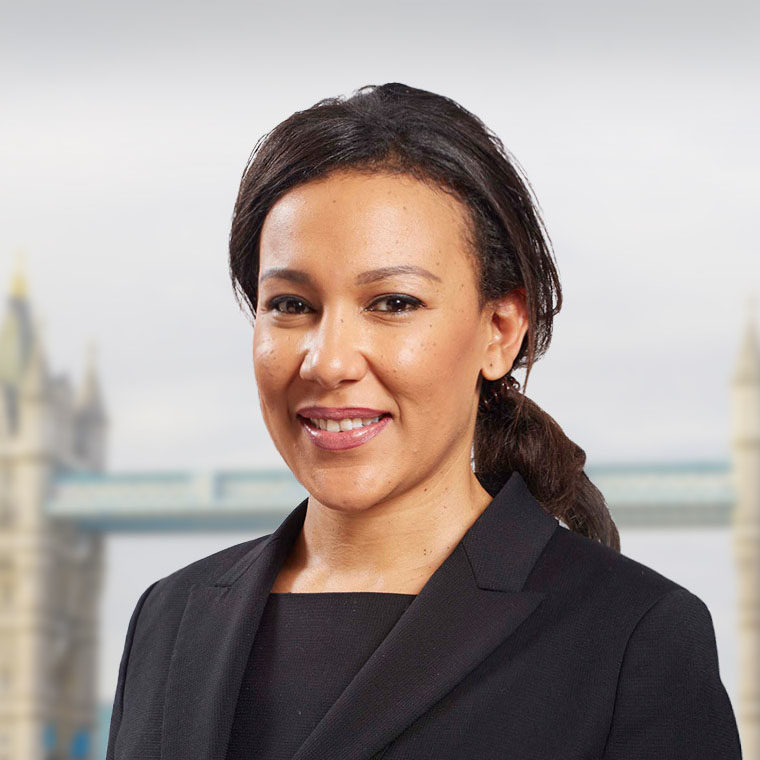What impact could the International Black Lives Matter movement have on the Criminal Justice System in England and Wales?
The death of George Floyd on the 29th of May 2020 was an event that shocked the world. He was a 46-year-old African-American man who was killed in Minneapolis, Minnesota while being arrested by police for allegedly using a counterfeit bill. The public outrage erupted in protests condemning police brutality and racial injustice all over America and eventually all around the world.



Elizabeth Lambert
Elizabeth Lambert’s practice focuses on serious, complex and high profile cases in general crime and fraud. Her experience in general crime includes cases involving serious and organised crime, international cybercrime, firearms offences, drugs conspiracies, and a spectrum of sexual offences.
Free and independent legal advice
You will never be penalised for asking for legal advice. It is your legal right and it is free of charge.
Remember: the law is complex and it never hurts to get expert advice, even if you are sure you have done nothing wrong.
Ask for Michael Herford and he, or one of his specialist team will provide you with a Legal LifeLine when you need it most.


